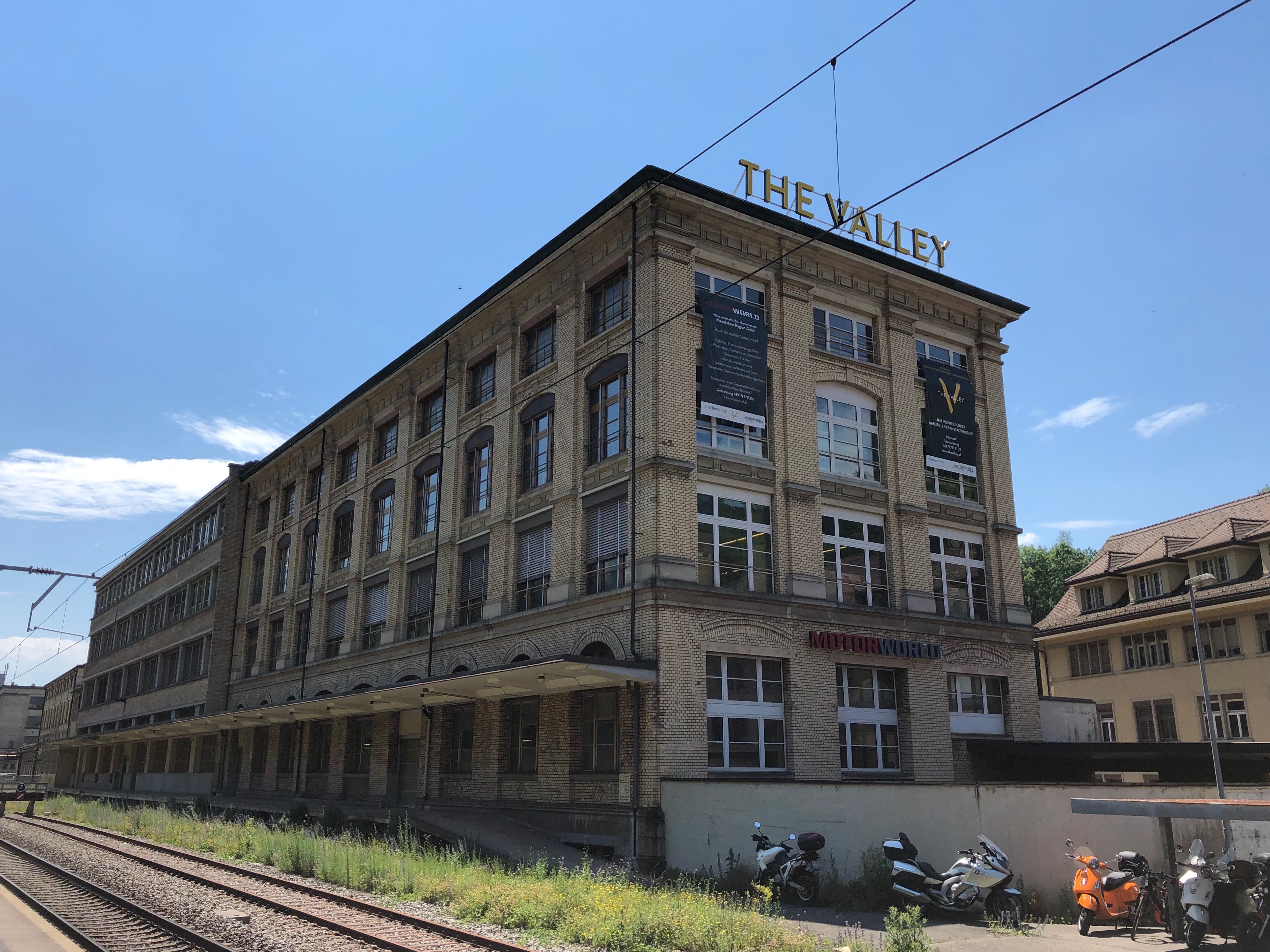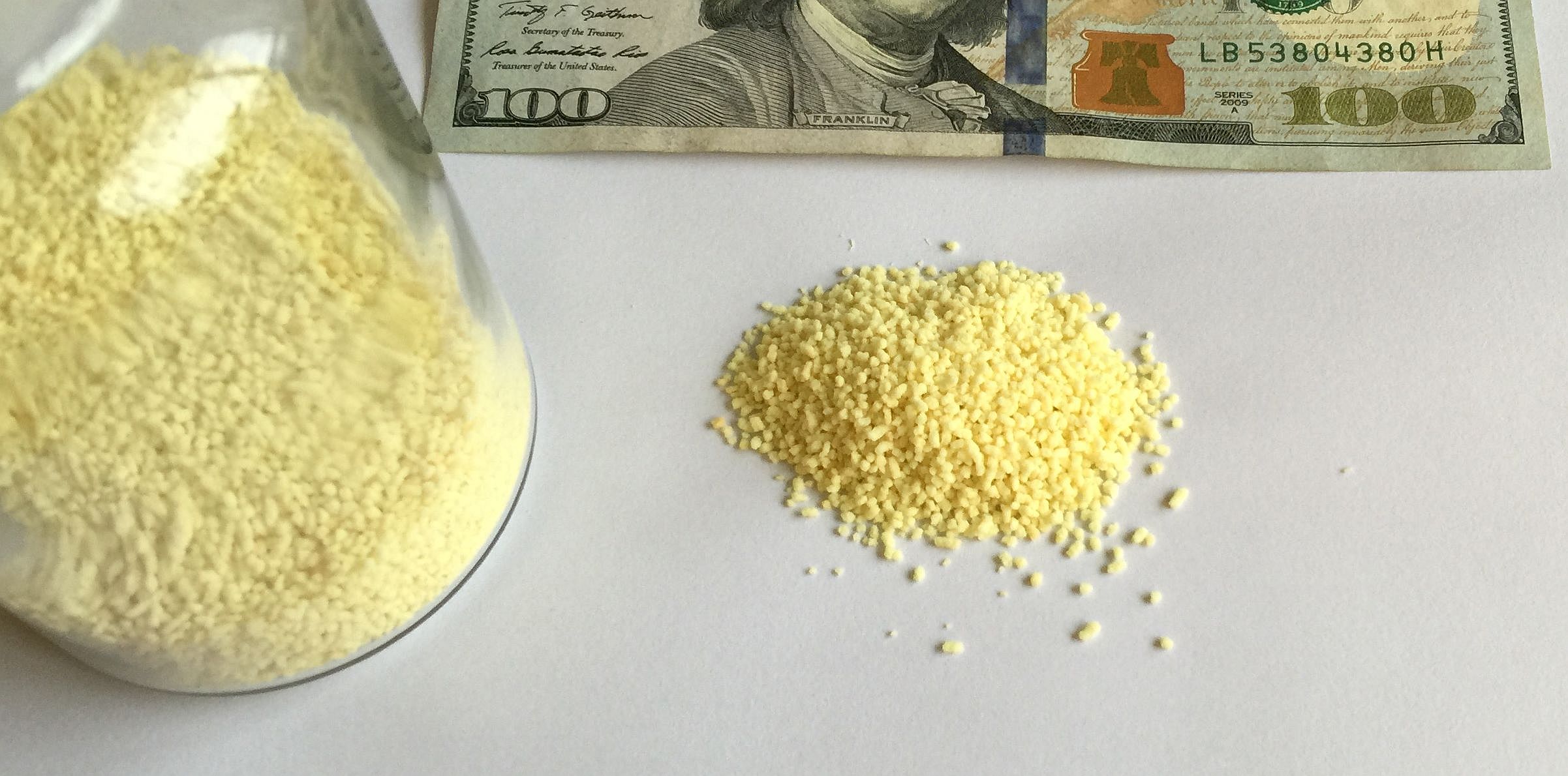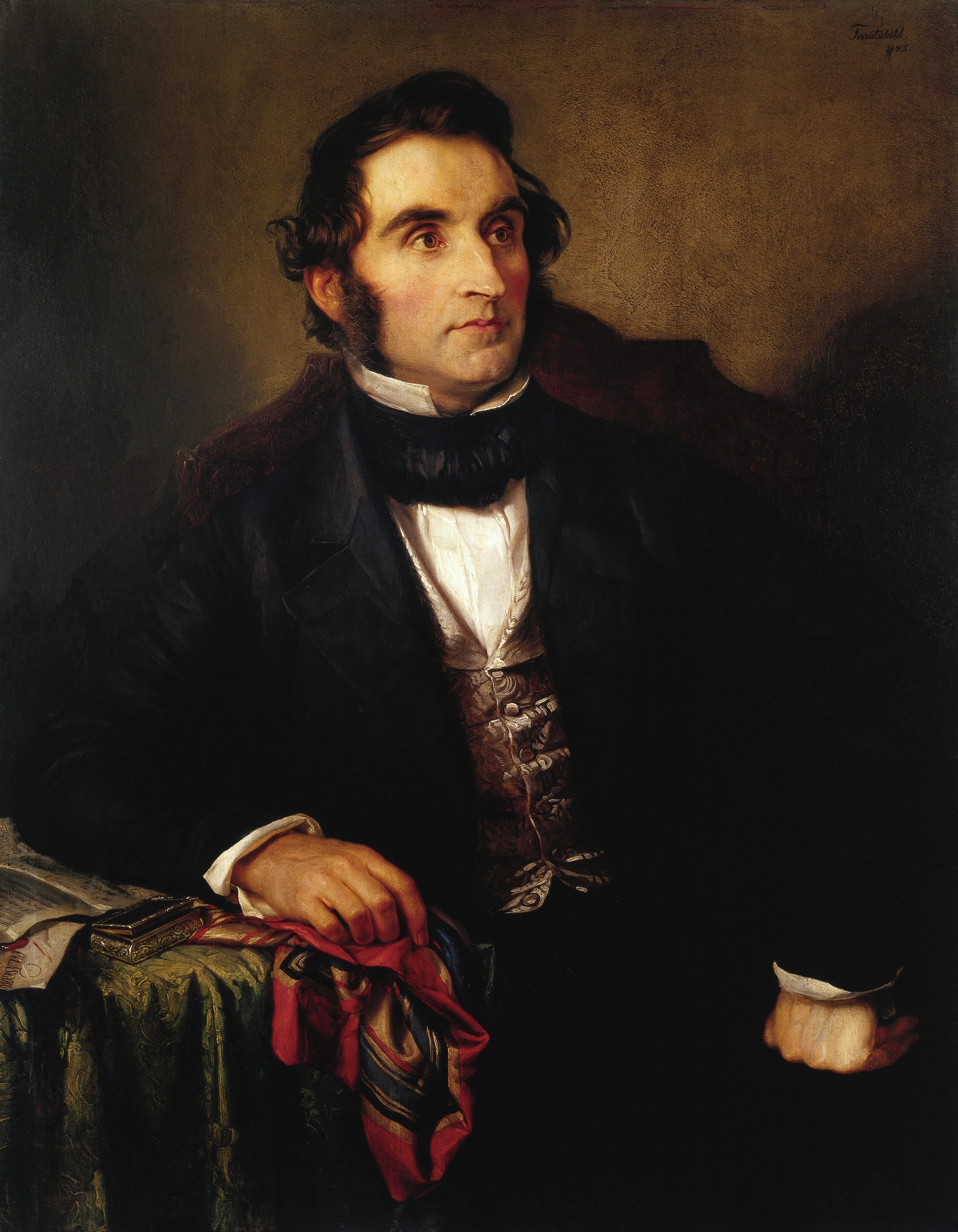|
Maggi (other)
Maggi (, ) is an international brand of seasonings, instant soups, and noodles that originated in Switzerland in the late 19th century. In 1947, the Maggi brand was acquired by the Swiss giant Nestlé. History Early history In 1869, Julius Maggi (1846–1912) took over his father's mill business in Kemptthal, Switzerland. Under his leadership, the business developed into one of the pioneers of industrial food production, with the aim of improving the diet of working-class families through better nutrient supply and faster preparation. In 1882, at a meeting of the Swiss "Common Good Society" (), the doctor and factory inspector Fridolin Schuler spoke about the miserable nutritional situation of the factory workers: women workers no longer had enough time to cook for their families; cold meals or alcohol often replaced warm meals; meals were served in factory canteens and were cheap but not sufficiently nutritious. The consequences were malnutrition, stomach diseases, and h ... [...More Info...] [...Related Items...] OR: [Wikipedia] [Google] [Baidu] |
Julius Maggi
Julius Michael Johannes Maggi (9 October 1846 – 19 October 1912) was a Swiss people, Swiss entrepreneur, inventor of precooked soups and Maggi sauce. He is best known for founding Maggi, which was merged with Nestlé in 1947. Biography Julius was born in Frauenfeld, Switzerland in 1846. In 1869, he inherited his father's hammer mill. He died in 1912 at the age of 66. Career In the early 1880s, Julius began experimenting to invent a new type of flour. In 1882, he finally began selling flour and founded Maggi. In 1886, he launched ''Maggi'' seasoning. In 1886, Julius invented the first instant soup in the world. It was invented in his Kemptthal factory. By 1888, he began selling to countries all around Europe, including Germany, France, and Italy. Gallery Maggi Rechnung 1892.jpg, Bill of the Fabrik von Maggi's Nahrungsmitteln AG, issued 12. July 1892; exposed by Julius Maggi Fabrik von Maggis Nahrungsmitteln 1894.jpg, Share of the Fabrik von Maggi's Nahrungsmitteln ... [...More Info...] [...Related Items...] OR: [Wikipedia] [Google] [Baidu] |
Lindau, Switzerland
Lindau is a Municipalities of Switzerland, municipality in the district of Pfäffikon (district), Pfäffikon in the Cantons of Switzerland, canton of Zurich (canton), Zürich in Switzerland. History Lindau is first mentioned in 774 as ''Lintauvia''. Geography Lindau has an area of . Of this area, 47.4% is used for agricultural purposes, while 34% is forested. Of the rest of the land, 18.2% is settled (buildings or roads) and the remainder (0.3%) is non-productive (rivers, glaciers or mountains). housing and buildings made up 9% of the total area, while transportation infrastructure made up the rest (9.1%). Of the total unproductive area, water (streams and lakes) made up 0.2% of the area. 13.7% of the total municipal area was undergoing some type of construction. The municipality if located in the western portion of the lower Kempt valley. It includes the villages of Lindau, Tagelswangen, Winterberg ZH, Winterberg and Grafstal. Demographics Lindau has a population (as o ... [...More Info...] [...Related Items...] OR: [Wikipedia] [Google] [Baidu] |
Bouillon Cube
A bouillon cube (also known as a stock cube) is dehydrated broth or stock formed into a small cube or other cuboid shape. The most common format is a cube about wide. It is typically made from dehydrated vegetables or meat stock, a small portion of fat, MSG, salt, and seasonings, shaped into a small cube. Vegetarian Vegetarianism is the practice of abstaining from the Eating, consumption of meat (red meat, poultry, seafood, insects as food, insects, and the flesh of any other animal). It may also include abstaining from eating all by-products of animal slau ... and vegan types are also made. Bouillon is also available in granular, powdered, liquid, and paste forms. History Dehydrated meat stock, in the form of tablets, was known in the 17th century to English food writer Anne Blencowe, who died in 1718,Joan Thirsk, 'Blencowe, Anne, Lady Blencowe (1656–1718)', Oxford Dictionary of National Biography, Oxford University Press, Oct 2005; online edn, Jan 200accessed 17 Nov 2 ... [...More Info...] [...Related Items...] OR: [Wikipedia] [Google] [Baidu] |
Public Limited Company
A public limited company (legally abbreviated to PLC or plc) is a type of public company under United Kingdom company law, some Commonwealth of Nations, Commonwealth jurisdictions, and Republic of Ireland, Ireland. It is a limited liability company whose shares may be freely sold and traded to the public (although a PLC may also be privately held, often by another PLC), with a minimum share capital of £50,000 and usually with the letters PLC after its name. Similar companies in the United States are called Public company, ''publicly traded companies''. A PLC can be either an unlisted or listed company on the stock exchanges. In the United Kingdom, a public limited company usually must include the words "public limited company" or the abbreviation "PLC" or "plc" at the end and as part of the legal company name. Welsh companies may instead choose to end their names with , an abbreviation for '. However, some public limited companies (mostly nationalization, nationalised concer ... [...More Info...] [...Related Items...] OR: [Wikipedia] [Google] [Baidu] |
Germany
Germany, officially the Federal Republic of Germany, is a country in Central Europe. It lies between the Baltic Sea and the North Sea to the north and the Alps to the south. Its sixteen States of Germany, constituent states have a total population of over 84 million in an area of , making it the most populous member state of the European Union. It borders Denmark to the north, Poland and the Czech Republic to the east, Austria and Switzerland to the south, and France, Luxembourg, Belgium, and the Netherlands to the west. The Capital of Germany, nation's capital and List of cities in Germany by population, most populous city is Berlin and its main financial centre is Frankfurt; the largest urban area is the Ruhr. Settlement in the territory of modern Germany began in the Lower Paleolithic, with various tribes inhabiting it from the Neolithic onward, chiefly the Celts. Various Germanic peoples, Germanic tribes have inhabited the northern parts of modern Germany since classical ... [...More Info...] [...Related Items...] OR: [Wikipedia] [Google] [Baidu] |
Singen
Singen (; Low Alemannic German, Low Alemannic: ''Singe'') is an industrial city in the very south of Baden-Württemberg in southern Germany and just north of the German-Swiss border. Location Singen is an industrial city situated in the far south of Baden-Württemberg in Germany close to Lake Constance, just north of the German-Swiss border. It is the most important city in the Hegau area. Landmarks The most famous landmark of Singen is Hohentwiel, a volcanic stub on which there are the ruins of a Hohentwiel Castle, fortress destroyed by French troops during the Napoleonic Wars. History Early History In the 1950s, a large early Bronze Age burial ground was discovered. This discovery gave its name to the so-called Singen group. It dates from approximately 2300 BC to 2000 BC and was widespread in the area between the Swabian Jura and Lake Constance as well as in Württemberg and Swabia (Bavaria), Bavarian Swabia. Seven Roman coins date to a period between 341 and 354 AD. A Roma ... [...More Info...] [...Related Items...] OR: [Wikipedia] [Google] [Baidu] |
Justus Von Liebig
Justus ''Freiherr'' von Liebig (12 May 1803 – 18 April 1873) was a Germans, German scientist who made major contributions to the theory, practice, and pedagogy of chemistry, as well as to agricultural and biology, biological chemistry; he is considered one of the principal founders of organic chemistry. As a professor at the University of Giessen, he devised the modern laboratory-oriented teaching method, and for such innovations, he is regarded as one of the most outstanding chemistry teachers of all time. He has been described as the "father of the fertilizer industry" for his emphasis on nitrogen and minerals as essential plant nutrients, and his popularization of the law of the minimum, which states that plant growth is limited by the scarcest nutrient resource, rather than the total amount of resources available. He also developed a manufacturing process for Meat extract, beef extracts, and with his consent a company, called Liebig Extract of Meat Company, was founded to e ... [...More Info...] [...Related Items...] OR: [Wikipedia] [Google] [Baidu] |
Hydrolyzed Vegetable Protein
Hydrolyzed vegetable protein (HVP) products are foodstuffs obtained by the hydrolysis of protein, and have a meaty, savory taste similar to broth (bouillon). Regarding the production process, a distinction can be made between acid-hydrolyzed vegetable protein (aHVP), enzymatically produced HVP, and other seasonings, e.g., fermented soy sauce. Hydrolyzed vegetable protein products are particularly used to round off the taste of soups, sauces, meat products, snacks, and other dishes, as well as for the production of ready-to-cook soups and bouillons. History Food technologists have long known that protein hydrolysis produces a meat bouillon-like odor and taste. Hydrolysates have been a part of the human diet for centuries, notably in the form of fermented soy sauce, or Shoyu. Shoyu, traditionally made from wheat and soy protein, has been produced in Japan for over 1,500 years, following its introduction from mainland China. The origins of producing these materials through the ac ... [...More Info...] [...Related Items...] OR: [Wikipedia] [Google] [Baidu] |
Zürich
Zurich (; ) is the list of cities in Switzerland, largest city in Switzerland and the capital of the canton of Zurich. It is in north-central Switzerland, at the northwestern tip of Lake Zurich. , the municipality had 448,664 inhabitants. The Urban agglomeration, urban area was home to 1.45 million people (2020), while the Zurich Metropolitan Area, Zurich metropolitan area had a total population of 2.1 million (2020). Zurich is a hub for railways, roads, and air traffic. Both Zurich Airport and Zürich Hauptbahnhof, Zurich's main railway station are the largest and busiest in the country. Permanently settled for over 2,000 years, Zurich was founded by the Roman Empire, Romans, who called it '. However, early settlements have been found dating back more than 6,400 years (although this only indicates human presence in the area and not the presence of a town that early). During the Middle Ages, Zurich gained the independent and privileged status of imperial immediacy and, in 1519 ... [...More Info...] [...Related Items...] OR: [Wikipedia] [Google] [Baidu] |
Fabrik Von Maggis Nahrungsmitteln 1908
Fabrik may refer to: * Fabrik Inc., a manufacturer of external hard drives and associated software * Fabrik (Hamburg), an events centre in Hamburg, Germany * Fabrik (software), a visual programming integrated development environment * FABRIK, an inverse kinematics solver {{disambig ... [...More Info...] [...Related Items...] OR: [Wikipedia] [Google] [Baidu] |
Legume
Legumes are plants in the pea family Fabaceae (or Leguminosae), or the fruit or seeds of such plants. When used as a dry grain for human consumption, the seeds are also called pulses. Legumes are grown agriculturally, primarily for human consumption, but also as livestock forage and silage, and as soil-enhancing green manure. Legumes produce a botanically unique type of fruit – a simple fruit, simple Dry fruits, dry fruit that develops from a simple carpel and usually Dehiscence (botany) , dehisces (opens along a seam) on two sides. Most legumes have Symbiosis , symbiotic nitrogen fixation , nitrogen-fixing bacteria, Rhizobia, in structures called root nodules. Some of the fixed nitrogen becomes available to later crops, so legumes play a key role in crop rotation. Terminology The term ''pulse'', as used by the United Nations' Food and Agriculture Organization (FAO), is reserved for legume crops harvested solely for the dry seed. This excludes green beans and Pea , green ... [...More Info...] [...Related Items...] OR: [Wikipedia] [Google] [Baidu] |
Protein (nutrient)
Proteins are essential nutrients for the human body. They are one of the constituents of Tissue (biology), body tissue and also serve as a Fuel, fuel source. As fuel, proteins have the same energy density as carbohydrates: 17 Joule, kJ (4 Calories, kcal) per gram. The defining characteristic of protein from a nutritional standpoint is its amino acid composition. Proteins are polymer chains made of amino acids linked by peptide bonds. During human digestion, proteins are broken down in the stomach into smaller polypeptide chains via hydrochloric acid and protease actions. This is crucial for the absorption (small intestine), absorption of the essential amino acids that cannot be biosynthesized by the body. There are nine essential amino acids that humans must obtain from their diet to prevent protein–energy malnutrition, protein-energy malnutrition and resulting death. They are phenylalanine, valine, threonine, tryptophan, methionine, leucine, isoleucine, lysine, and histidin ... [...More Info...] [...Related Items...] OR: [Wikipedia] [Google] [Baidu] |






